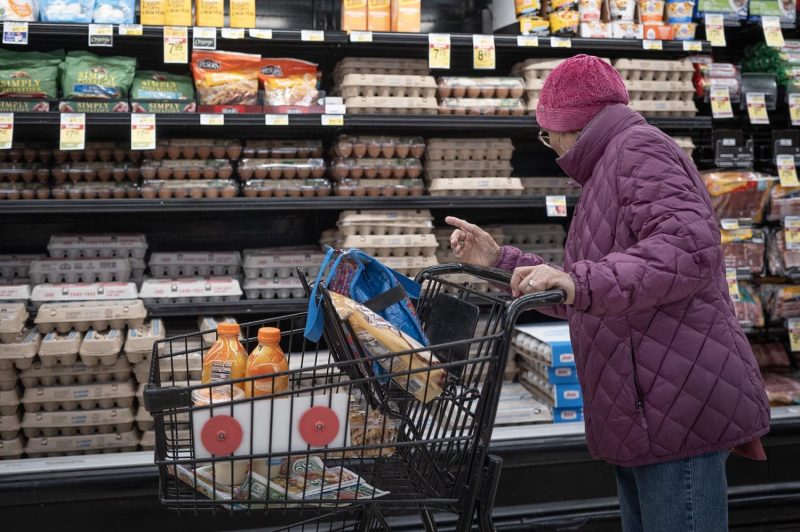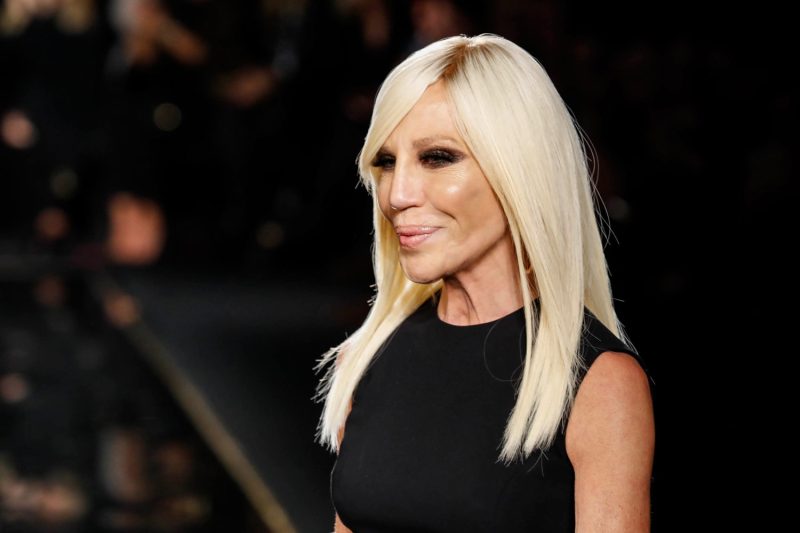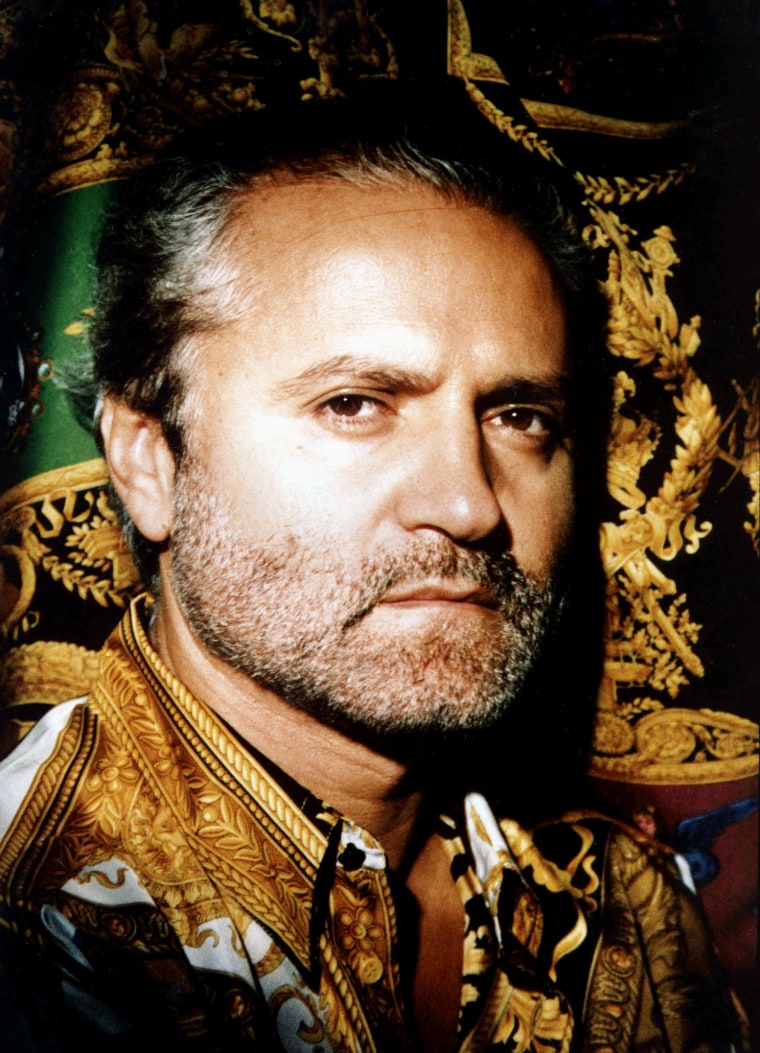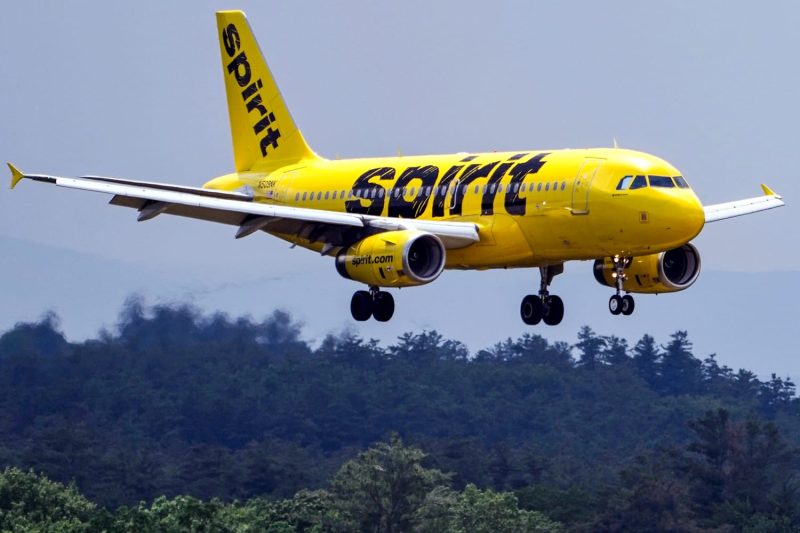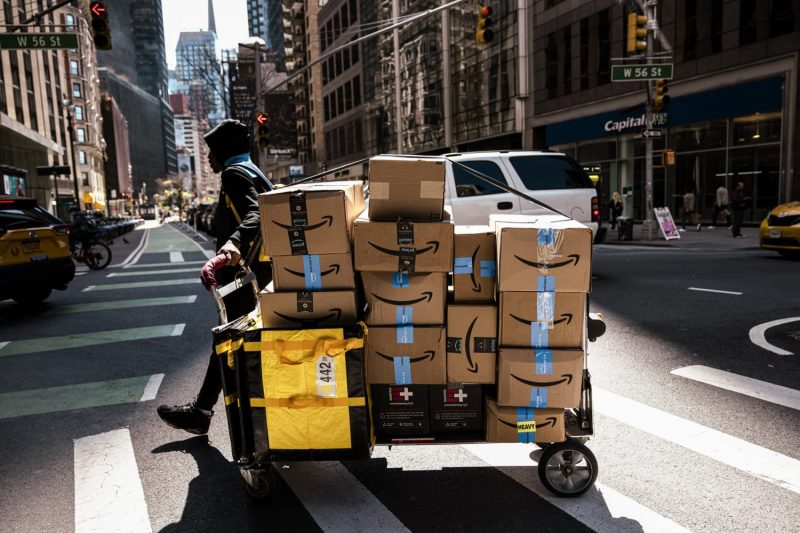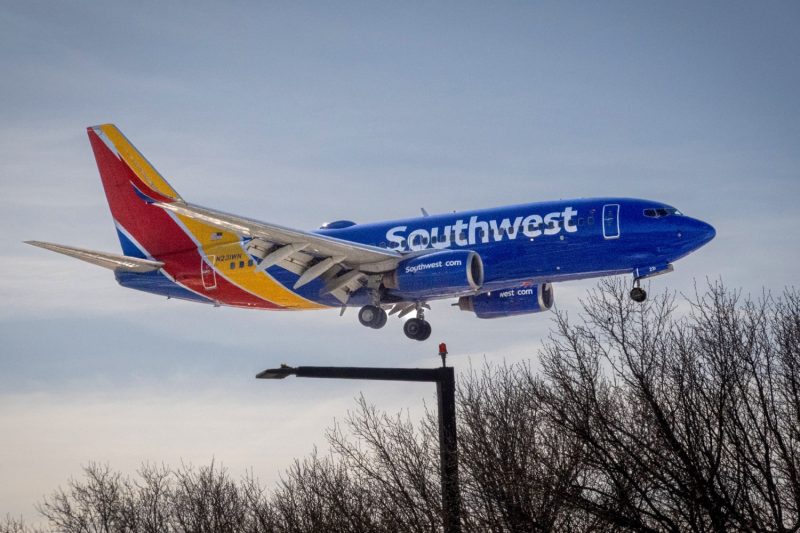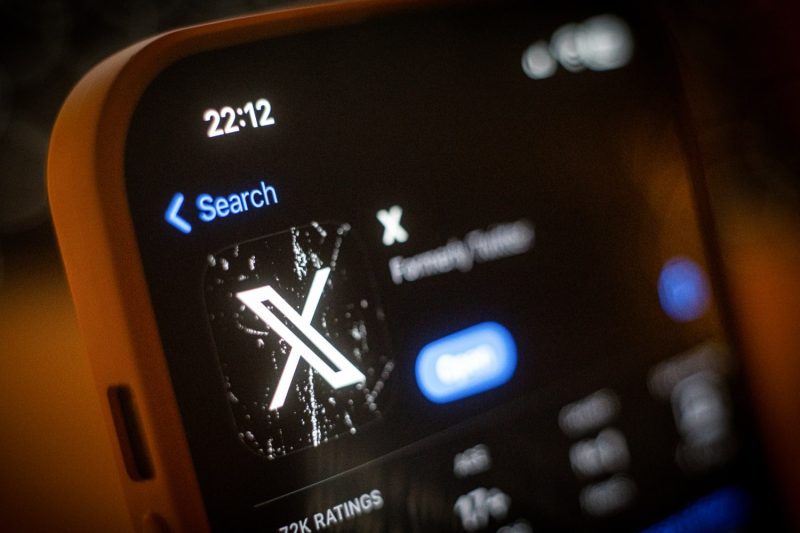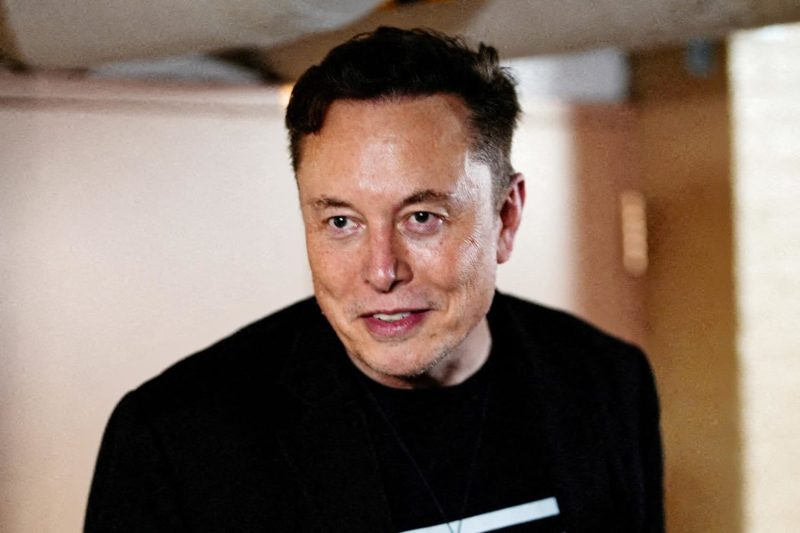
Flagging global sales and Elon Musk’s increasingly outspoken political activities are combining to rock the value of Tesla.
Shares in the once-trillion-dollar company saw their worst day in five years this week. Year to date, Tesla’s stock has plunged 36% — though it is still up by some 54% over the past 12 months.
For Musk, Tesla’s shares remain his primary source of paper wealth, though he has also turned his stake in SpaceX into a personal lending tool. But it was proceeds from selling Tesla shares that helped Musk complete his acquisition of Twitter, now known as X.
Musk’s wealth also allowed him to help vault Donald Trump into a second presidential term. Even as Musk’s net worth has diminished as a result of Tesla’s recent share-price declines, data suggests he is in no danger of losing his title as the world’s wealthiest person.
Musk has said on X that he is not concerned about Tesla’s recent drop in value. Still, evidence suggests the company is entering a period of transition.
A spokesperson for Tesla did not respond to a request for comment.
Musk’s wealth has propelled him to a global presence that lacks precedent — and has polarized world opinion about the tech entrepreneur in the process. Any weakening of his financial position, therefore, could undercut his influence in the political and tech spaces where he now commands outsize attention.According to Bank of America, Tesla’s European sales plummeted by about 50% in January compared with the same month a year prior.
Some say this is attributable to a growing distaste for Musk, who has begun dabbling in the continent’s politics in the wake of his successful support of Trump’s candidacy last year.
Others note Tesla’s European market is facing increased competition from the Chinese electric-vehicle maker BYD, which has telegraphed ambitious plans for expansion on the continent.
A more decisive blow to Tesla’s near-term fortunes may be emanating from China itself. There, Tesla’s shipments plunged 49% in February from a year earlier, to just 30,688 vehicles, according to official data cited by Bloomberg News. That’s the lowest monthly figure registered since July 2022 — amid the throes of Covid-19 — when it shipped just 28,217 EVs, Bloomberg said.
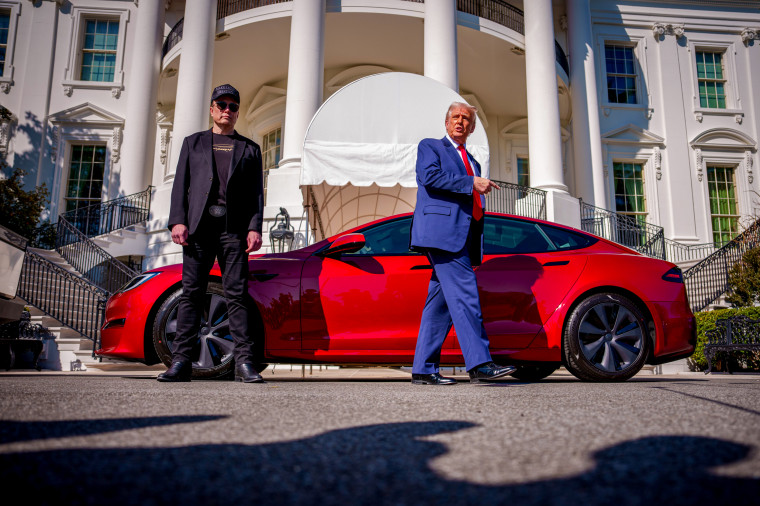
Tesla is now facing intense competition from other Chinese EV makers, including BYD.
Yet even there, a Chinese official also warned about the impact of Musk’s high-profile politicking.
“As a successful businessman, one should be embracing 100% of the market: Treat everyone nicely, and everyone will be nice in return,” the secretary of China’s Passenger Car Association, said in a briefing Monday, Bloomberg reported. “But if you look at it in terms of voting, then half of voters will be friendly to you and half of them won’t be.”
“This is the unavoidable risk that’s come after he got his personal glory,” the secretary, Cui Dongshu, said Monday, referring to Musk.
On Friday, Reuters reported Tesla was planning to sell a Model Y costing at least 20% less to produce to defend its China share.
And in the U.S., Tesla’s January sales were down about 11%, according to data from the S&P Global analytics group — an outlier at a time when EV sales for all other brands are trending higher in America.
Though he has long worn multiple proverbial hats, Musk’s role in the White House as nominal head of the Department of Government Efficiency may be his most consequential. And having influence with the Trump administration could be critical to Tesla’s fortunes. This week, Trump promised he would purchase a Tesla in a showy presentation on the White House lawn, seemingly further cementing the Trump-Musk alliance.
On X — the social media platform he owns — Musk’s frenetic posting is increasingly focused on politics and America’s culture wars, with an occasional nod to SpaceX launches.
His apparently undiminished role in the Trump administration — he was seen leaving the White House last weekend alongside Commerce Secretary Howard Lutnick — has sparked boycotts in Europe, as well as protests and even acts of vandalism against auto owners in the U.S.
“When people’s cars are in jeopardy of being keyed or set on fire out there, even people who support Musk or are indifferent to Musk might think twice about buying a Tesla,” Ben Kallo, an analyst at Baird, told CNBC’s “Squawk on the Street” on Monday.
In a note to clients this week downgrading its estimate of deliveries, analysts with JPMorgan said the damage to Tesla’s brand has been serious.
“We struggle to think of anything analogous in the history of the automotive industry, in which a brand has lost so much value so quickly,” they wrote.
Tesla itself is warning about the fallout from retaliatory measures taken by countries targeted by Trump’s tariffs, saying in a letter to the U.S. trade representative this week that the company may be “exposed to disproportionate impacts when other countries respond to US trade actions.”
Already, the Canadian province of British Columbia has announced it was ending subsidies for Tesla’s products.
For all the oxygen Musk has taken up with his political activities, concerns about Tesla products themselves are equally keeping investors and analysts up at night.
Musk has “neglect[ed] the rest of Tesla’s automotive business as he thought that by the end of every year for the last 6 years, Tesla would be able to flip a switch and make all its vehicles self-driving — automatically increasing their value and making them infinitely more competitive than other vehicles,” Fred Lambert, who covers the company for the Electrek electric vehicle blog, wrote in a recent post.
Meanwhile, Musk decided to kill Tesla’s cheaper, $25,000 model while going all-in on the Cybertruck, whose sales have yet to take off, Lambert said.
“Tesla’s core business remains selling cars and batteries,” he wrote. “There’s no doubt that the business of selling cars is not going well for Tesla right now, and under Musk, there’s no clear path to improvement.”
By contrast, many analysts continue to take a much longer view of Tesla’s outlook. In his most recent note to clients about the company, Morgan Stanley analyst Adam Jonas, one of the most closely watched observers of Tesla, summarized the long-term outlook that he says continues to justify the company’s eye-watering valuation.
“Tesla’s softer auto deliveries are emblematic of a company in the transition from an automotive ‘pure play’ to a highly diversified play on AI and robotics,” he wrote in a note March 2.
While that was before the most recent sell-off intensified, Jonas said he was already discounting market gyrations.
“While the journey may be volatile and non-linear, we believe 2025 will be a year where investors will continue to appreciate and value these existing and nascent industries of embodied AI where we believe Tesla has established a material competitive advantage,” he wrote.



